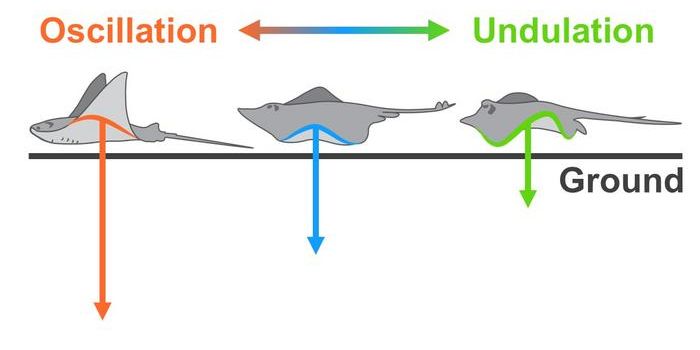MA moves toward carbon tax
Massachusetts might be the first to spearhead a bill on carbon, instigating a system for a carbon tax that will encourage citizens and companies to utilize less energy. Massachusetts State Senator Mike Barrett has backed the idea for years and now says:
"This is really about a single idea: If you start posting a complete price for a product that is underpriced today, people will react to the complete price by using less. That’s it—carbon pricing in a nutshell. Massachusetts can lead the nation in the fight against climate change by applying this one concept to fossil fuels.”
And to put this idea into action, MA has proposed two bills, one coming from the Senate, the other from the House. The Senate bill is sponsored by Sen. Barrett and consists of a revenue-neutral bill with similar features to Citizens’ Climate Lobby’s proposed Carbon Fee & Dividend.
Called SD 1021, An Act Combating Climate Change, Senator Barrett’s bill would return 100% of the revenue to households, businesses, and institutions. Climate XChange briefs that, “For the CO2 charges paid by people, each state resident would receive an equal share of the total money collected. For charges paid by businesses and other institutions, each would get a rebate in proportion to its share of total employment in Massachusetts. Additional rebates would be provided to households in rural areas and to businesses that are energy-intensive and face stiff out-of-state competition. The fee would start out at $10 per ton of CO2, rising $5 a year until it hits $40 a ton.”
The House bill, entitled HD 1504, An Act to Promote Green Infrastructure, Reduce Greenhouse Gas Emissions, and Create Jobs, is sponsored by Representative Jennifer Benson and is revenue-positive. Climate XChange provides the summary of the bill’s intent: “80% of the revenue would be returned via rebates to households and employers, while 20% would be used to fund green infrastructure investments in transportation, clean energy, and protection against the impacts of climate change. By rebating a high proportion of the funds through a progressive formula, the bill would ensure that low- and moderate-income households do not come out behind. Because the bill rebates funds to employers based on their number of employees, most business sectors would come out ahead or about even, and there would be a net gain to employment in the state. The fee would begin at $20 per ton of CO2, and rise $5 a year until it hits $40 per ton, the same as in SD 1021.”
We can see that the bills have both similarities and differences. The question is then, why bother having two instead of just one more comprehensive bill? According to Michael Green, Executive Director of Climate XChange, “This is very much intentional. This strategy allows legislators to compare different approaches to implementing a carbon price.”
It is likely that when legislators review the bills, the final outcome may combine aspects of each, just as Green says is intended. Although it is uncertain when the review process will take place, already more than a fifth of the legislature has expressed support for a carbon fee.
Sources: Citizens’ Climate Lobby, Climate XChange









